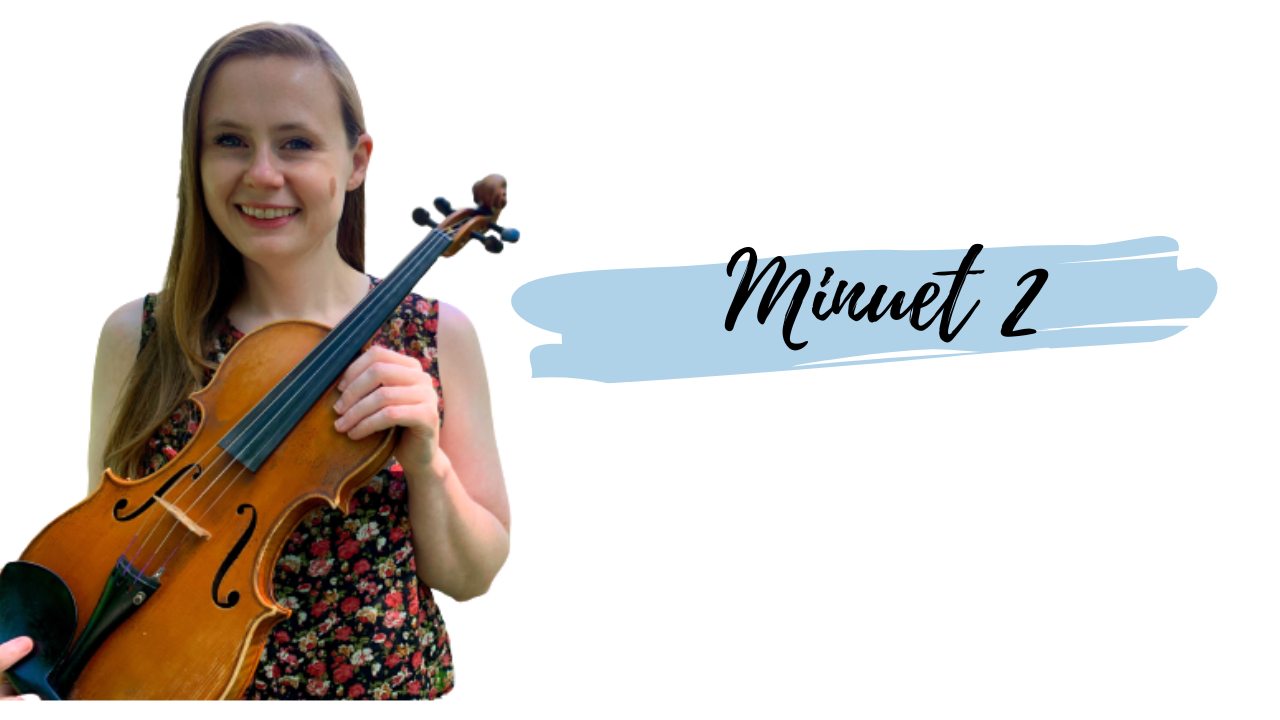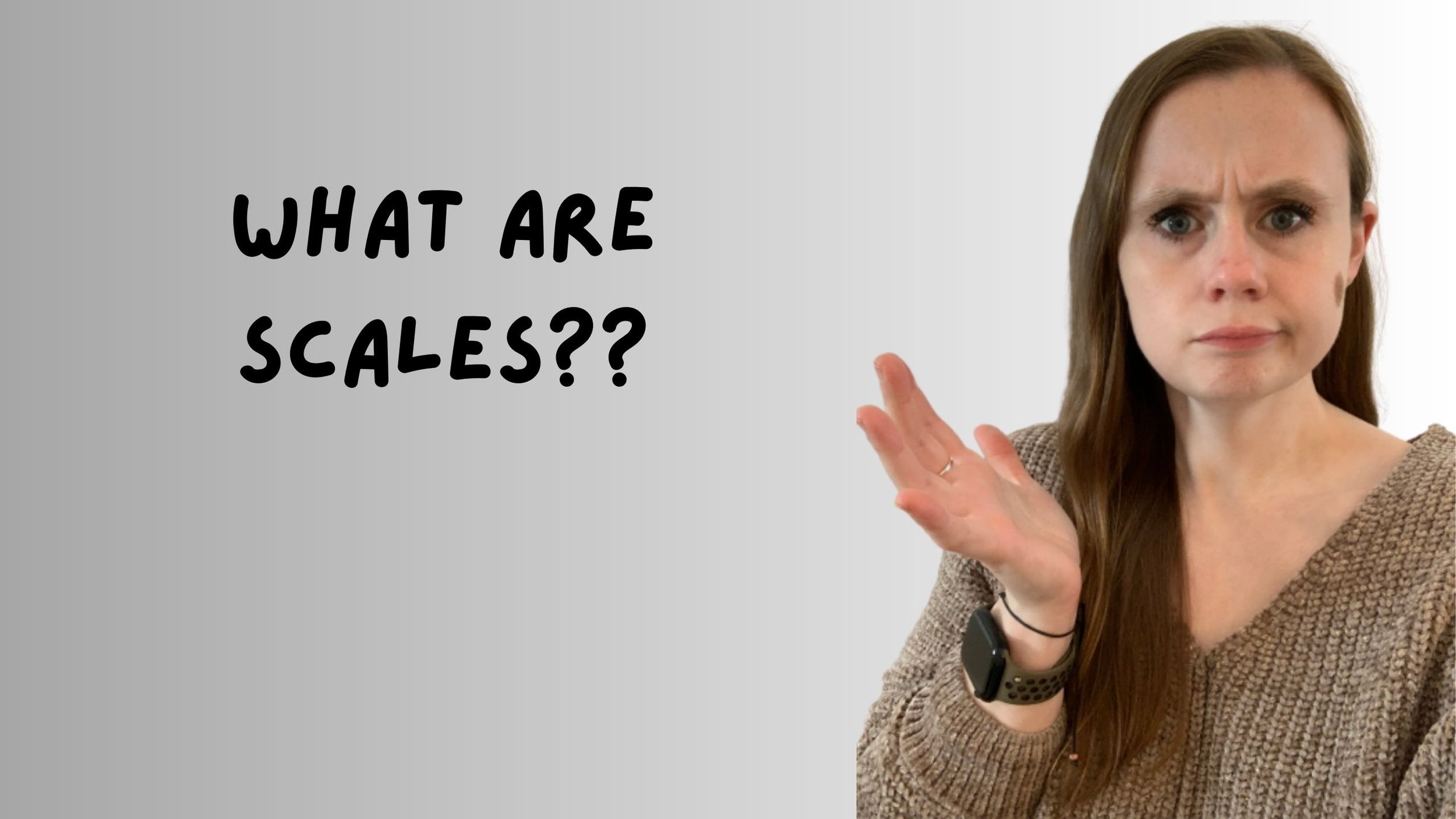Last of the Mohicans Violin Tutorial and Sheet Music
The Last of the Mohicans is a 1992 American film set during the 1757 French and Indian War. The film follows British Army Major Duncan Heyward as he navigates the perils of war. The main theme, Promontory, is an orchestration of the tune “The Gael” by Scottish singer-songwriter Dougie MacLean. Because of the success of the movie, this tune is extremely popular with fiddle players.
This version of the tune has no sharps or flats, but a B flat is used in the first line during the ornaments. The tune is in 6/8, meaning there are 6 8th note per measure. I suggest first learning the tune without the grace notes and then adding them in when you’re familiar with the notes.
Why is bow hand flexibility so important?
You may have heard me and/or other violinists and teachers stress the importance of bow hand flexibility and share exercises to help you develop it. But WHY is this so important? There are two big reasons: tone and bow strokes.
Carol of the Bells Violin Tutorial and Sheet Music
Carol of the Bells is a popular Christmas tune based on the Ukrainian Christmas tune “Shchedryk” written by Mykola Leontovych in 1914. “Shchedryk” was adapted into the English Christmas tune “Carol of the Bells” by Peter J. Willhousky following a performance of the original song by the Ukrainian National Chorus at Carnegie Hall on October 5, 1922.
This version of the tune is in G Major, meaning there is one sharp-F#. Towards the end of the tune, you might notice that there are two notes written on top of each other. This does not indicate octaves, instead, it allows the player to choose to play either the top or bottom octave. I am playing the bottom octave in the tutorial. Additionally, we will be using high 3s and high 4s in this tune, for the notes C# and D# respectively.
White Christmas Violin Tutorial and Sheet Music
White Christmas was written by Irving Berlin in 1942 for the film Holiday Inn. The song reminisces on a picturesque Christmas scene with plenty of snow. Bing Crosby covered the song, and his version is currently the world’s best selling single of physical media. This is a Christmas classic and one I personally always enjoy listening to.
This version of the song is in C Major, so there are no sharps or flats. Additionally, we must use a low 1st finger to play the D#. Click here to download the sheet music and watch the tutorial below.
10 Violin Bow Exercises
Efficient and effortless violin bowing technique is vital for producing a beautiful sound. Each one of the fingers on the bow hand has its own unique role; the index finger is in charge of the sound in the upper half, the middle finger and thumb are in charge of balance, the ring finger gives the sound power and grace, and the pinky is in charge of the sound in the lower half. On top of these, all of the fingers and the wrist must be soft and flexible. In order to develop this bow technique, bow exercises are often extremely helpful. Below, you find a list of 10 of my favorites.
Black Friday gifts for violinists
The holiday season and Black Friday are upon us (did this year fly by for anyone else?!) and you may be looking to spoil the violinist in your life (or yourself!) with some well-deserved gifts. Here are my top recommendations for Black Friday gifts for violinists of all ages and ability levels.
How to create dynamics
There are four ways to create dynamics on the violin, which I have listed in this article in order of difficulty.
Why your E string squeaks and how to stop it
There is nothing more annoying than a squeaky E string. If your violin E string is whistling more often than you’d like, here are some ways to prevent (or at least significantly reduce the possibility of) it from happening. 1. Change your strings. 2. Use a silver E string. 3. Be sure your bow hair is flat when crossing over to the E string. 4. Wipe the rosin off of your strings.
Viva La Vida Tutorial
This version of the tune is in A Major, meaning there are 3 sharps, F#, C#, and G#. There will be high 2nd fingers on all strings and high 3rd fingers on G and D strings. Additionally, there are many syncopated rhythms. If you’re having trouble with those, practice them first without the tie.
3 tips for overcoming stage fright
Stage fright, performance anxiety, or feeling nervous is completely normal. I don’t think I’ve met a single musician who feels totally calm, cool, and collected before a performance. And that’s a good thing! Performing for others requires you to put yourself out there and be vulnerable, and being nervous means that you care; you want to play well, and you want to be proud of yourself and show off all of your hard work. Here are my top three tips for overcoming your stage fright so that you can unlock your best performance yet.
How do you know what string to play on and what position to play in?
In this article, you’ll learn how to tell what string to play on and what position to play in on the violin.
3 Reasons your bow bounces and How to fix it
In this article, you’ll learn the three most common reasons for bow bounces and how to fix them.
Minuet 2 Violin Tutorial and Sheet Music
Minuet 2 is a popular beginner violin piece written by J.S. Bach. This piece appears towards the end of Suzuki Book 1. Minuet 2 is in the key of G Major, meaning there will be high 2s on the G and D strings, and low 2s on the A and E strings. There are many quick string crossings in this piece, as well as slurs and a high 3rd finger.
How much should you practice the violin?
How much should you practice violin? It depends on your ability level, experience, amount of repertoire, and goals. Complete beginners should aim for 20-30 minutes per day, beginners for 30-60 minutes, intermediate players 1-2 hours, and advanced players 3-5 hours.
How to play Twinkle Twinkle Little Star on the violin
In this article, you’ll learn how to play twinkle twinkle little star on the violin.
Who invented the violin?
There is no way of knowing who invented the violin, but the oldest living violin was made by Andrea Amati, so he is often credited with the instrument’s invention.
What are scales and how do I practice them?
In this article, you’ll learn what scales are and how to practice them.




















